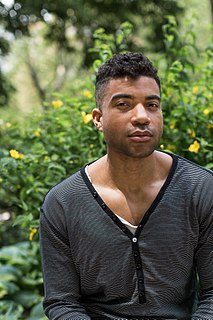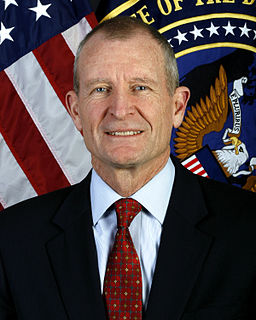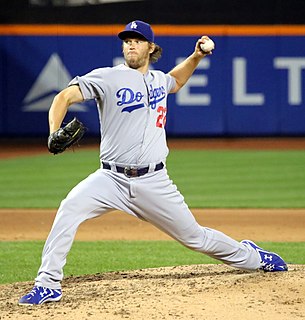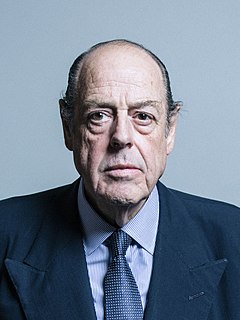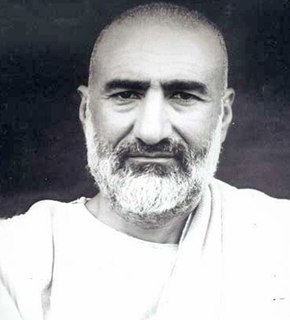A Quote by Nicholson Baker
Gandhi was such an important figure to the pacifists of the '30s, and he was such an extraordinary embodiment of nonviolence, that I thought it was necessary to have him in there. When he would say something about the war, it was to some extent news - and he was sure to have a response that was different from that of other world leaders.
Related Quotes
Every time I'm in the studio, I always think of my professor in undergrad. He was like, "There are so many artists in the world. If you're going to be an artist, make sure you have something to say. Don't just be an artist and put out bullshit. Have something to say." I guess that would be my philosophy and something I think about all the time. Every day when I'm in the studio I hear him and I see him. I remember him saying it in class. So that's something that I always want to make sure I have: I'm saying something with the work.
What [Donald] Trump has done, even though he is not the most conservative figure in this race, is he`s turned the play book against conservative thought leaders who are opposed to him. And if that means Fox News is in his way, even though he has a rapport with Ailes, then he is going to go after some of Fox`s figures if they`re not treating him sympathetically.
[Malcolm X] had said a great deal about nonviolence, criticizing nonviolence, and saying that I approved of Negro men and women being bitten by dogs and the fire hoses, and I say, say go on and not defend yourself. I think this kind of response grew out of the build up, all of the talk about my being a sort of polished Uncle Tom.
When I started out as an actor, I thought, Here's what I have to say; how shall I say it? I began to understand that what I do in the scene is not as important as what happens between me and the other person. And listening is what lets it happen. It's almost always the other person who causes you to say what you say next. You don't have to figure out how you'll say it. You have to listen so simply, so innocently, that the other person brings about a change in you that makes you say it and informs the way you say it.
You can make a lot of cases that you can take the win stat out of the game and you can still figure out who the good pitchers are, and I agree with that to some extent. But there's something about your win-loss record, there's something about having wins by your name that means something. Regardless of how important that is.
Just supposing," he said, "just supposing" --he didn't know what was coming next, so he thought he'd just sit back and listen--"that there was some extraordinary way in which you were very important to me, and that, though you didn't know it, I was very important to you, but it all went for nothing because we only had five miles and I was a stupid idiot at knowing how to say something very important to someone I've only just met and not crash into lorries a the same time, what would you say..." He paused, helplessly, and looked at her. "I should do.
My job is to cover the hell out of the story, very aggressively. The real place to be courageous if you're a news organization is where you put your people to cover the story. It's making sure that you have people going to Baghdad. It's making sure that you figure out how to cover the war in Afghanistan. While the journalist in me completely stands with them, the editor of the New York Times in me thinks my job is to figure out what the hell happened and cover the hell out of it, and that's more important than some symbolic drawing on the front page.
My main aim in 'Gandhi' was to project him as the vanguard of non-violence. Nowhere in the world has a movement of non-cooperation sans violence received so much support from masses as Gandhi's movement in India did. He was, to a great extent, responsible for freeing his nation from the British Raj.
Today’s world is traveling in some strange direction. You see that the world is going toward destruction and violence. And the specialty of violence is to create hatred among people and to create fear. I am a believer in nonviolence and I say that no peace or tranquility will descend upon the people of the world until nonviolence is practiced, because nonviolence is love and it stirs courage in people.


